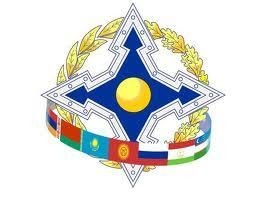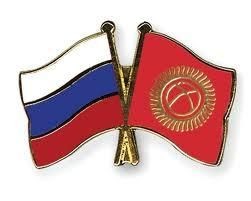Russia pushes CSTO countries to legalize private military and security companies
BISHKEK (TCA) — The Russia-led Collective Security Treaty Organization (CSTO) is pushing legalization of private military and security companies. The move, if successful and replicated by Russia and other CSTO member states, will potentially enable citizens of Armenia, Belarus, Kazakhstan, Kyrgyzstan, Tajikistan, and Uzbekistan to take part in Russia’s military operations abroad, becoming another labor migration opportunity for people from Central Asia. We are republishing this article on the issue by Anna Gussarova, originally published by The Jamestown Foundation’s Eurasia Daily Monitor: The Secretariat of the Collective Security Treaty Organization’s (CSTO) Parliamentary Assembly is currently examining a bill on private military and security organizations (Private Military Companies—PMC) (RIA Novosti, February 5). If adopted inside the Moscow-led alliance, the individual CSTO member states will then be tasked with introducing domestic laws to legitimize the activities of such commercial paramilitary groups. This issue is relatively new to all CSTO countries except Russia. In 2012, Russian President Vladimir Putin expressed full support for establishing an official PMC system in his country. Since that time, however, the Kremlin has experienced certain difficulties in dealing with these organizations. On the one hand, the country has widely relied on PMCs—for example, Slavonic Corps Limited as well as Wagner Group (Vz.ru, February 21)—in Ukraine, Syria and, according to some reports, Sudan (UAWire, December 5, 2017) to protect “its national interests and people.” But on the other hand, Russia’s Penal Code officially still prohibits citizens from becoming mercenaries—Russians face three to seven years of imprisonment for participating in a foreign armed conflict or military operation outside the regular Armed Forces. Whereas the Russian parliament has been unsuccessfully trying to legalize PMCs for the past five years, the country’s Federal Security Service (FSB) and Ministry of Defense have more recently stepped up their own efforts to push through the law (Rosbalt, February 19). And in January 2018, Russian Foreign Minister Sergei Lavrov also announced the need to legally protect Russians who participate in PMCs outside the country (RBC, January 15). Finally, the growing number of incidents of regular Russian military personnel killed in Syria (see EDM, January 11, 16, 17, February 8) has put increasing pressure on the Kremlin to provide additional support to the Armed Forces fighting abroad. Whereas the exact text of the proposed CSTO law on PMCs is unavailable, Victor Ananiev, the director of the Moscow-based Institute for Security and Sustainable Development, which was in charge of drafting this legislation, has outlined some key features found therein. First, the document apparently denotes non-combatant status on such organizations. However, this point is still unclear, particularly since Russian State Duma representatives believe PMC personnel could protect allies from external aggression and participate in counter-terrorism operations—meaning they would effectively have to have combatant status (Dailystorm.ru, January 18). Another issue involves the potential social benefits a person receives while working for private military and security companies. For instance, the draft law mandates that a PMC contractor receive compulsory insurance in case of death, injury or damage, kidnapping and ransom demands,...






